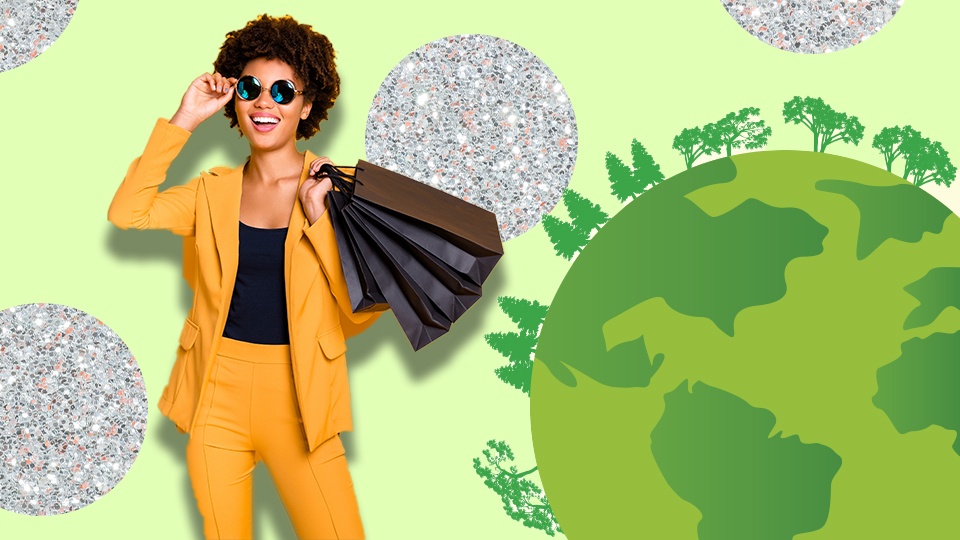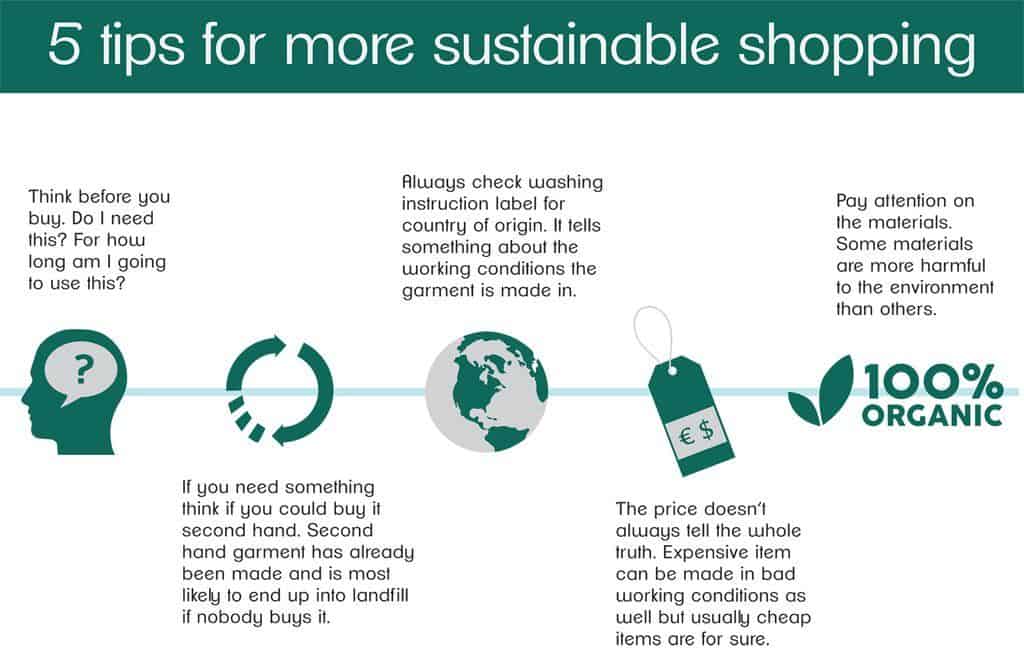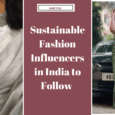
IT’S ALL ABOUT SUSTAINABLE AND SLOW FASHION !!
Sustainable fashion is about meeting tomorrow’s needs by benefitting the people involved throughout the process of the supply chain, which includes farmers to consumers and everyone working in the factories to meet the needs. Fashion has a significant impact on communities around the world, it also has an enormous climate change footprint. Sustainable fashion has an enormous impact on communities across the globe.Sustainable fashion matters because the fashion industry includes a lot of natural resources and millions of people who rely on the industry. So it is not only about the future of climate but also the future of us. As we mentioned earlier the fashion industry is resource-intensive, for example, cotton, which requires a large amount of water together with synthetic materials like polyester that are made from non-renewable resources like oil. Not only that other materials like viscose which is of utmost demand in the fashion industry leading to deforestation which is therefore affecting the habitat of endangered trees and a lot of other species.
So, it is crucial we focus on researching and developing more sustainable materials that can solve the purpose without affecting the climate, the truth is we can’t keep using natural resources the way we used to, because if so there would not be any resources soon in the future.Overusing water and producing excess water is among the most pressing matters in the fashion industry. Around 100 billion are being pumped out of garment factories every year. Now people buy more clothes than ever, not only because they have money but everything has become more accessible. This also means a greater number of cloths goes to the bin than ever, which are in the end either going to landfills or being burnt, but those are not the sustainable way of doing business.
If we have to burn the products in order to dispose of, it is extremely inefficient which means we are not using the resources well, it immediately needs to change, we can’t afford to keep filling the landfills with an enormous amount of waste, neither we continue to use gallons of water for cotton farming.
Invest in eco-friendly, organic, cruelty free brands in India
For me, buying less means being able to invest more in better alternatives:
Look for clothes made of organic cotton. Check for labels from the Better Cotton Initiative, to ensure less water and chemical dyes.
Replace your cotton clothes with eco-friendly natural fabrics like hemp and bamboo. Cotton is water-intensive and depletes the soil, while hemp produces twice as much fiber per acre, uses less water and enriches the soil. Itshemp aggregates all hemp products available across India!
Purchase accessories, bags, shoes and belts made of faux (fake) leather. These days, innovative brands are making leather products from cork, upcycled flowers, hemp and even pineapple leaves!
Choose personal care and cosmetic products like shampoo, lipstick, kajal, mosquito repellent, toothpaste etc that contain no animal ingredients (vegan) and haven’t been tested on animals (cruelty free). China has made it mandatory to test all products sold there on animals – so any brand that sells in China is unfortunately not cruelty free. Look out for the cruelty free label to identify products.
Most colored cosmetics use ingredients like red carmine dye made from beetles, lanolin from the glands of wool-bearing animals, keratin from the horns and claws of reptiles, fish or birds, and silk protein from silkworms boiled alive! Opt for natural, vegan, cruelty-free cosmetics instead.
Use toiletries and cosmetics free from plastic. Replace plastic bottles with soap, shampoo and conditioner bars – easier to carry while travelling too.

Identify ethical fashion brands
I’ve been using the “Good on You” app – which rates brands based on their impact on humans, animals and the environment. It doesn’t feature Indian brands, but can be useful for international ones or while shopping abroad. It also has brilliant content about sustainability, ethical sourcing, vegan fashion etc.
Embrace slow fashion in India
Instead of impulsively buying something new, choose to invest in clothing that has creatively been upcycled. Refash and Bodements exclusively stock clothes upcycled from pre-loved garments!
Buy from zero waste brands like WeAreLabeless and Adah by Leesha, that use every bit of scrap fabric and plastic to create something new, sending nothing to the bin.
Upcyclesarees you or your family own. LataSita converts sarees into beautiful dresses and other designer clothing. Mishcat Co recycles sarees into artisan carpets!
Attend a Clothes Exchange Program in your city. See Instagram for accounts like Bombay Closet Cleanse or participate in Swap Soiree by Mahima Agarwal.
Let your friends visit your wardrobe. Asking your friends to mix and match your clothes can give you a new pair from a different point of view!
Donate clothes in good condition to old age homes, orphanages and anyone who needs them. Some retail companies like H&M ask you to exchange your old cloths for points/new buys.


